Craig Gravina, CTO, Semarchy, says by treating data governance as an essential foundation, companies can ensure AI enhances operations rather than introducing new risks of inefficiencies.
AI continues to dominate industry discussions and remains one of the most invested-in technologies globally. New research from Semarchy surveying over 1500 business leaders worldwide found that 75% of organisations plan to invest in AI technologies this year alone.
However, this accelerated investment also comes with significant adoption challenges that could undermine these initiatives and disrupt other business operations.
The challenges holding AI back
Data quality issues are currently the top challenge holding businesses back. Security vulnerabilities add another layer of risk, nearly half (47%) of businesses currently allow employees to use public AI tools with company data, increasing the risk of data breaches and intellectual property exposure. The consequences of poor AI data governance are already evident. Samsung, for instance, was forced to ban employee use of ChatGPT after a sensitive data leak exposed proprietary information.
Additionally, 98% organisations have experienced data quality issues affecting AI adoption, highlighting the need for a structured approach. As the race to employ AI’s competitive advantages gets faster, organisations face a critical balancing act: how to embrace innovative AI capabilities without compromising data protection and security protocols.
AI without proper data governance
Rushing into AI initiatives without properly considering data governance leads to several vulnerabilities:
- Data leaks and security breaches – public AI tools may store and process company data externally, making sensitive business information vulnerable to unauthorised access.
- Regulatory compliance risks – businesses deploying AI without proper data controls could violate data privacy laws such as GDPR or CCPA. leading to substantial fines and reputational damage.
- Flawed AI models – poor data governance results in biased, outdated, or incorrect AI-generated outputs, undermining critical business processes.
By failing to prioritise data governance from the outset, companies risk exposing themselves to costly AI failures, weakened security, and compliance violations.
Securing AI innovation through master data management
Ensuring centralised and secure data creates an environment where AI models only access trusted and authorised information. This foundation is critical for organisations looking to harness AI’s potential while maintaining data integrity and security.
Implementing a controlled data ecosystem through master data management (MDM) provides the foundation for secure AI adoption. MDM creates a single source of truth for enterprise data, enabling companies to safely innovate while maintaining complete visibility and control over their information assets.
Organisations must also implement the following:
- Clear policies governing how they use data in AI models
These policies should restrict sensitive information from flowing into public AI tools and establish boundaries for appropriate AI usage across the enterprise. This proactive approach prevents data leakage before it occurs and instils best practices amongst your team.
- Systematically categorise data assets for AI use
This data classification process enables informed decision-making about which datasets they can leverage for AI training, and which contain sensitive information requiring heightened security measures.
- Enforce compliance through advanced data monitoring
A strong governance framework allows businesses to track data usage patterns and ensure adherence to legal and industry standards. By continuously monitoring how AI tools interact with company data, security teams can quickly detect potential risks and address vulnerabilities before they lead to breaches.
Balancing innovation with protection
AI adoption is no longer a question of ‘if’ but ‘how. While companies chase competitive advantages through AI, security and governance must be top priorities.
Our research findings reveal a clear gap between ambition and preparedness; businesses want to advance AI capabilities, yet many lack the necessary foundations to do so responsibly. By treating data governance as an essential foundation, companies can ensure AI enhances operations rather than introducing new risks of inefficiencies. Investing in a unified data platform will ensure AI remains a tool for transformation, not a liability.



